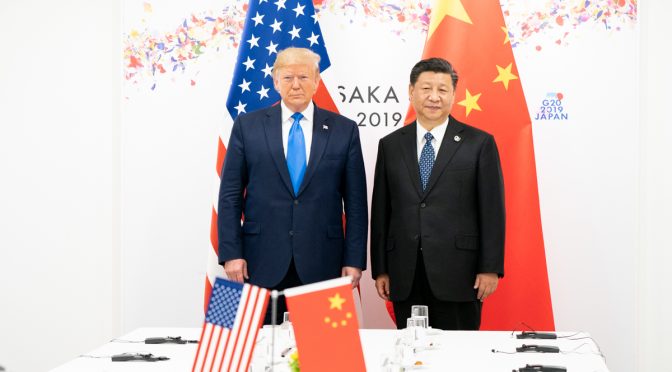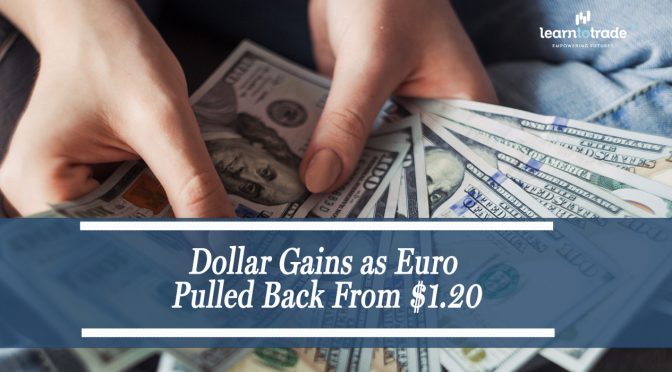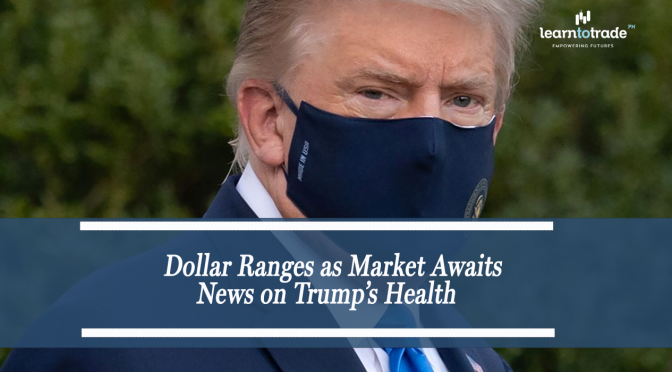- Home
- USD/CNH Gains as White House Advisor Declares Trade Deal of US-China Intact
USD/CNH Gains as White House Advisor Declares Trade Deal of US-China Intact
-

The Chinese currency, offshore yuan (CNH) have exhibited trimmed losses as Peter Navarro, the advisor of White House takes back his statement about the end of the US-China economic alliance.
Navarro disclosed to Fox News initially today that US President Donald Trump has chosen to end the economic agreement with China considering the developing proof that the COVID-19 began in Wuhan. Navarro’s remarks shook the financial markets, making Yuan and other risk-on currencies lower, and safe-haven like the Japanese yen higher.
According to the following Bloomberg interview with Navarro, he said that his earlier comments were taken out of context. They had nothing to do with the trade deal, and he was merely referring to their lack of trust now with China.
Price Outlook
USD/CNH hopped from 7.0590 to 7.0875 and is currently exchanging at 7.0670, showing a 0.14% increase in one day. The pullback could be related to the market’s risk sentiment, caused by Navarro’s explanation. The S&P 500 futures are presently announcing a 0.14% drop, having declined as much as 1.2% about an hour prior.
While the pair is currently on an uptrend, the key levels to watch out for are between 7.074 and 7.0487.
Trump has now affirmed that the exchange with China is not over. Subsequently, the futures could eventually turn positive, triggering USD/CNH back to lows.
Risk Disclaimer:
Information on this page are solely for educational purposes only and is not in any way a recommendation to buy or sell certain assets. You should do your own thorough research before investing in any type of asset. Learn to Trade does not fully guarantee that this information is free from errors or misstatements. It also does not guarantee that the information is completely timely. Investing in the Foreign Exchange Market involves a great deal of risk which may result in the loss of a portion or your full investment. All risks, losses and costs associated with investing, including total loss of principal and emotional distress, are your responsibility.
Related Posts
Quick Links
Learn to Trade
Related Articles













































By bsuper
| No Comments